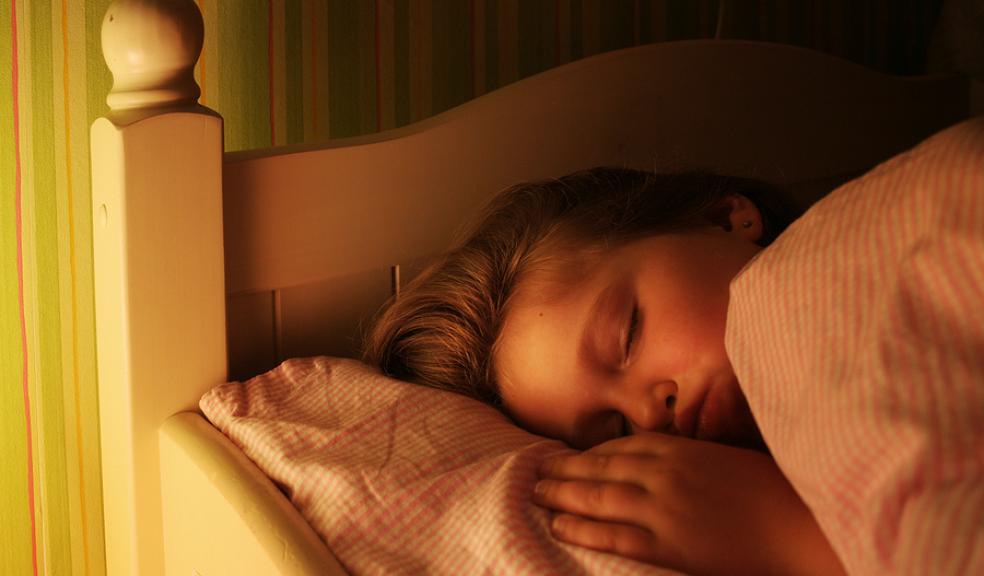
One third of children fearful of sleepovers and school trips
A new report reveals that 46% of parents admit their child is still wetting the bed at night when they have started reception class, yet only 9% would discuss this with their friends and other parents. In children over the age of five, wetting the bed during sleep is recognised as a medical condition and can be treated.
Only 10% of parents would feel personally embarrassed if their child wet the bed. However, the recent research carried out by Ferring Pharmaceuticals, shows 1 in 5 (21%) parents believe their children would try to hide it if they wet the bed to avoid personal embarrassment, with this raising to a staggering 26% for children aged 15-18 years.
Ferring Pharmaceuticals launched National Bedwetting Awareness Day (24th May) in partnership with ERIC and PromoCon. The awareness day has been created to educate parents that a child wetting the bed after their fifth birthday should be recognised as a medical condition. Over 7 in 10 parents however, are unaware of this and a further quarter (28%) would dismiss it as just a part of growing up.
With 81% of parents unaware of what even causes their child to wet the bed in the first place, Davina Richardson a Paediatric Continence Advisor for PromoCon commented: “Bedwetting causes huge embarrassment and distress for children, young people and their parents, making it difficult for them to seek help. Due to our reluctance to talk about bodily functions and the lack of publicity and education about bedwetting, many people do not understand that bedwetting is considered a medical condition, when children are five years or older, and that treatment is available.
As children get older the social implications increase, with them avoiding sleepovers, school residential visits and Cub, Scout, Brownie and Guide camps, due to fears of bullying or name calling. There is also a negative impact on their self-confidence and self-esteem, with children and families feeling very alone. Those affected should be offered a comprehensive bladder and bowel assessment, by a suitably qualified healthcare professional and supported throughout treatment.”
A child wetting the bed could be more detrimental than just personal embarrassment, as 29% of parents admitted their child would not want to partake in school trips or social activities, such as sleepovers if they wet the bed. Nearly a quarter (22%) believes it could have a very negative effect on the child’s confidence whilst at school.
June Rogers MBE, a PromoCon Paediatric Continence Specialist added: “Bedwetting has a number of causes, including too much urine being produced at night, a problem with the bladder being able to hold on to the urine and an inability of the child to wake up to any full bladder signals. There may also be other contributing factors, including not drinking enough or an underlying problem with constipation.
We also know that bedwetting can be very stressful for both the child and their family so for all these reasons it is important that all children with bedwetting are seen by a healthcare professional and undergo a comprehensive assessment to try and determine the cause of the bedwetting and then introduce treatments as appropriate.”
This National Bedwetting Awareness Day, Ferring Pharmaceuticals and the associated parties are keen to highlight the impact of bedwetting in older children and making the recognition that this is a medical condition. For more information and the top tips to stop your child from wetting the bed you can visit www.ferring.co.uk












